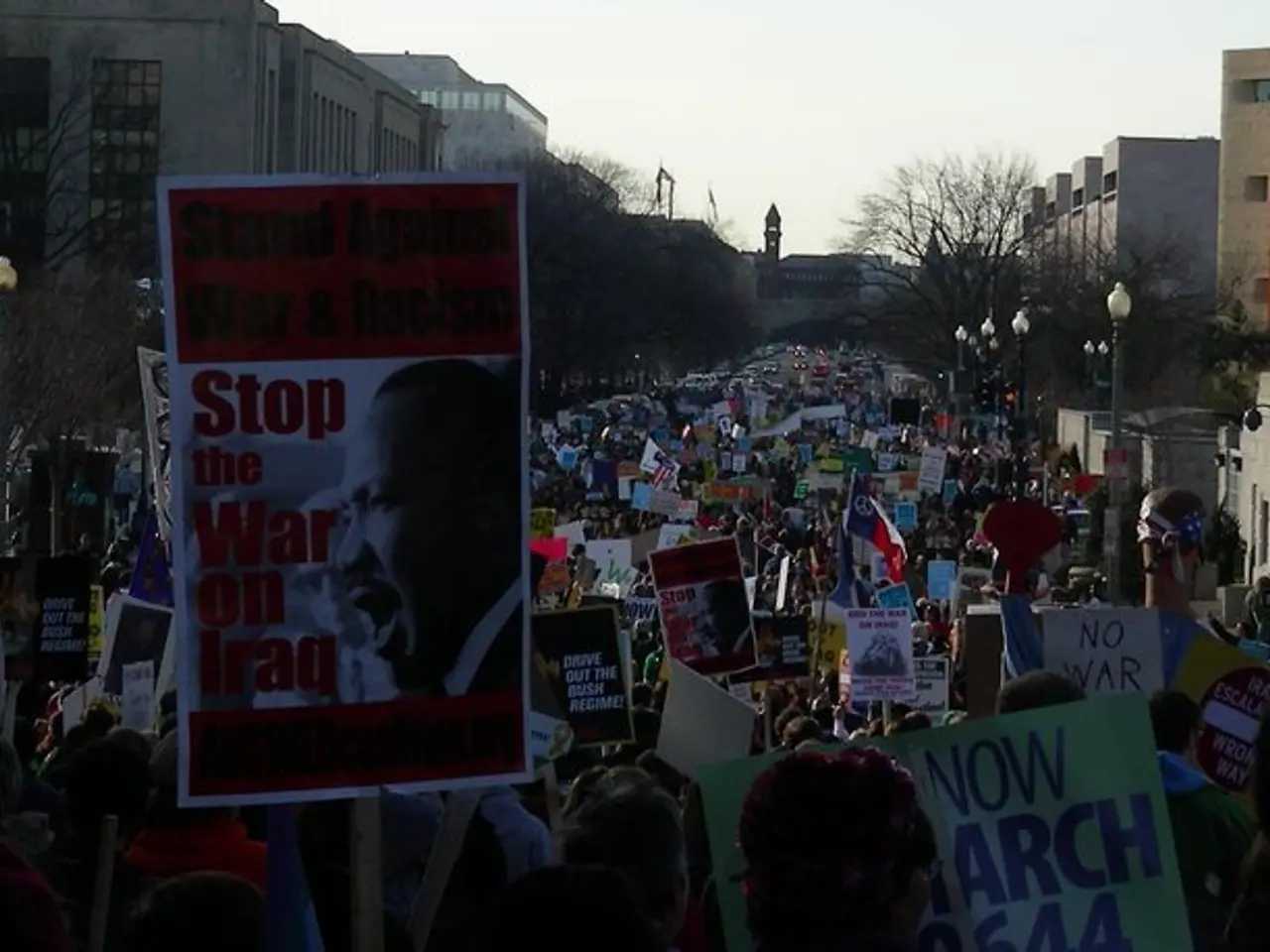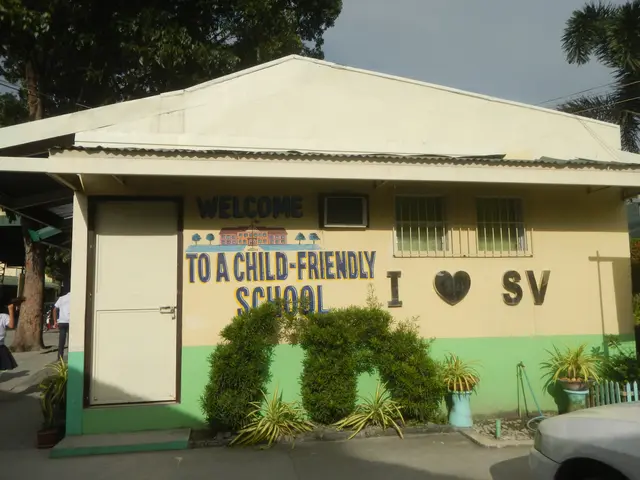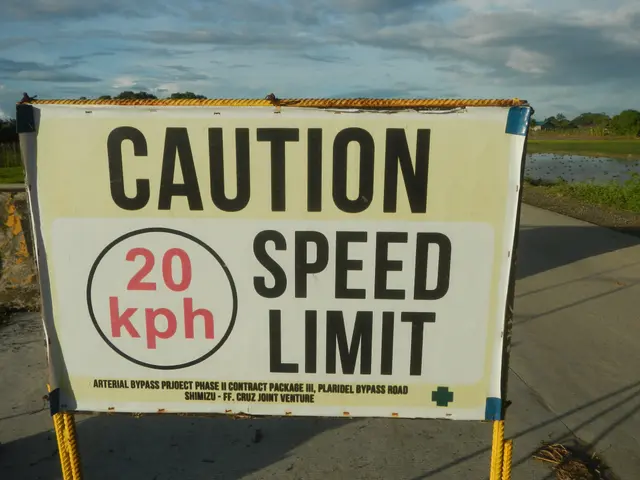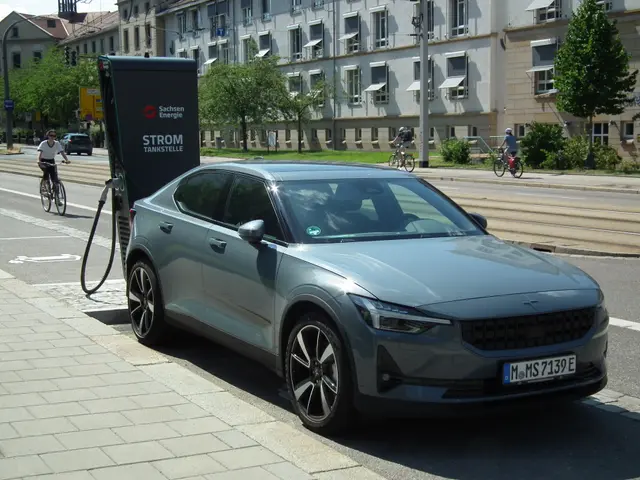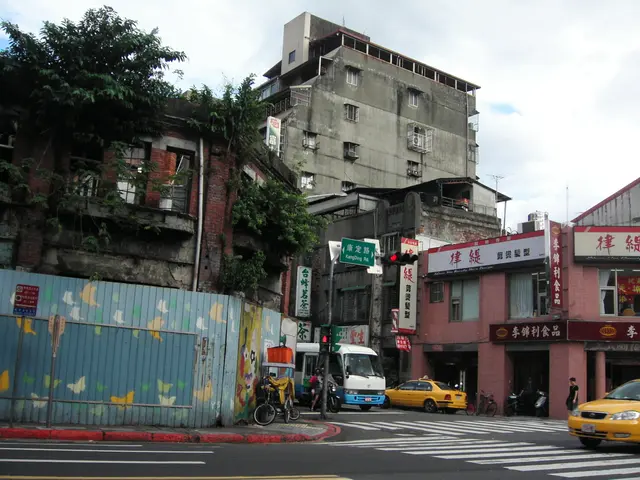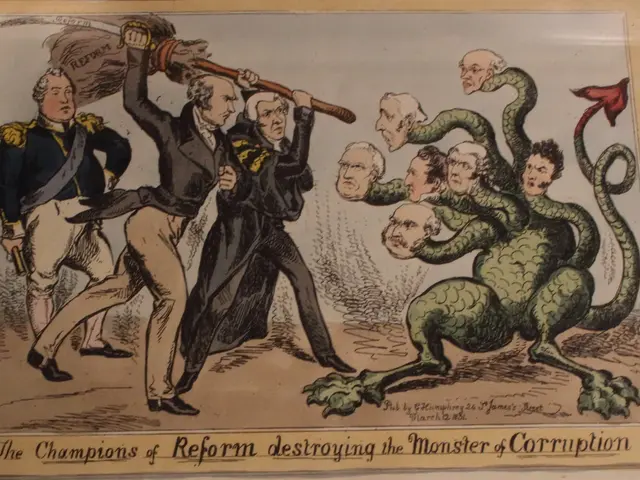Gen Z's Global Resistance: Powered by Social Media, Shaping Civil Society
Africa's median age stands at 19.5 years, reflecting a youthful population that's increasingly shaping global civil society. Social media platforms empower these youngsters, enabling them to connect, share information, and coordinate protests worldwide.
Gen Z's resistance movements are widespread, with notable examples in Africa, Latin America, and Asia. They adopt global cultural symbols like the Black Lives Matter fist or rainbow flag to show solidarity and gain international attention. For instance, in Germany, youth activists use the 'Black Lives Matter' symbol to fight against racism. In the United States, the rainbow flag is prominent among Gen Z protesters advocating for LGBTQ+ rights. Meanwhile, in Brazil, activists employ the 'Fora Bolsonaro' (Out Bolsonaro) slogan, inspired by global anti-establishment sentiments.
Social media's networked nature amplifies these youth voices. It allows them to challenge governments and bypass traditional media gatekeepers. For example, the #EndSARS protests in Nigeria, led by Gen Z, gained global traction via social media, ultimately leading to police reform. Similarly, in Chile, Gen Z activists used Twitter and Facebook to organize mass protests against inequality, forcing the government to negotiate.
However, this digital activism also presents challenges. Authoritarian regimes can exploit social media to surveil and suppress dissent. Moreover, the digital divide leaves some youth without access to these tools, potentially marginalizing them from global conversations.
Gen Z's civil society resistance movements, fueled by social media, are reshaping global politics. Their ability to connect, share information, and coordinate actions is unprecedented. Yet, they also face challenges, including digital exclusion and authoritarian backlash. As Africa's youthful population continues to grow, their role in shaping the continent's and the world's future is set to become even more significant.
